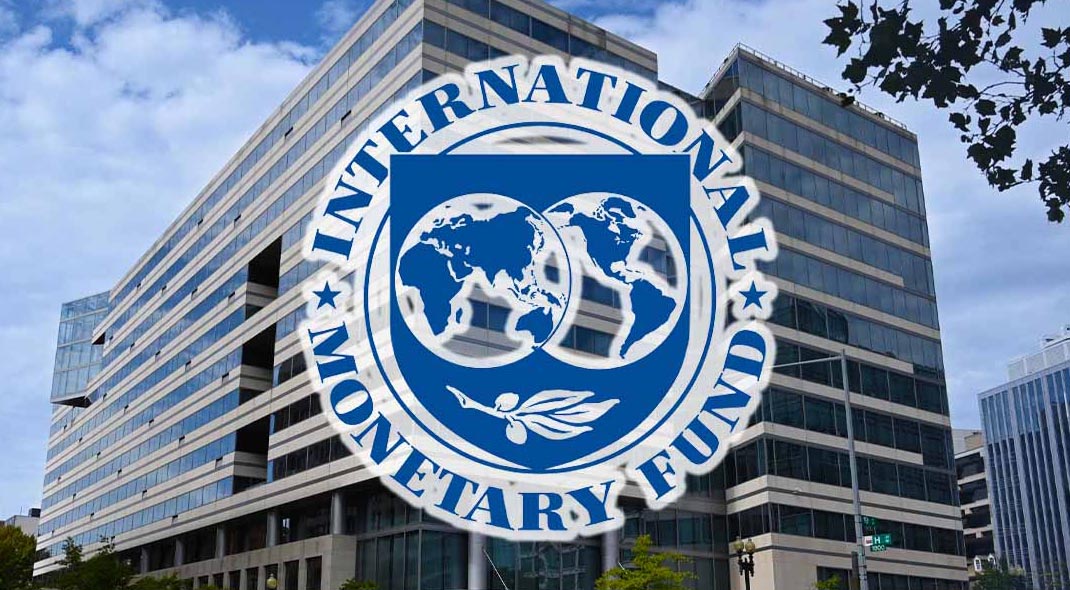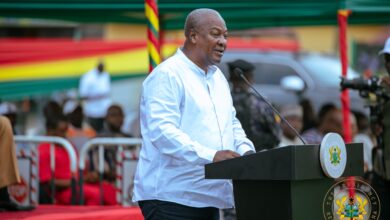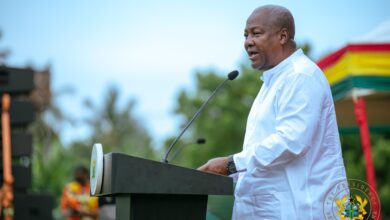
The International Monetary Fund (IMF) has reassured Nigerians that the country is not at immediate risk of a debt crisis, describing the debt level as “moderate and not high-risk.” Gita Gopinath, IMF’s First Deputy Managing Director, made this assessment during an exclusive interview in Lagos, where she emphasized the importance of domestic revenue mobilisation and strategic social interventions. Her remarks followed discussions with Nigeria’s Minister of Finance and Coordinating Minister of the Economy, Wale Edun, in Abuja. While acknowledging Nigeria’s economic challenges, Gopinath stressed the need for sound fiscal policies to sustain stability and growth.
In an encouraging development, Nigeria achieved a historic milestone in its energy sector, reaching a record peak power generation of 6,003 megawatts (MW). This achievement comes amid ongoing reforms to stabilize the economy and bridge critical infrastructure gaps. However, the country’s total public debt has risen significantly, reaching ₦142.3 trillion as of September 30, 2024, up from ₦134.3 trillion in June 2024, driven largely by exchange rate devaluation. External debt in dollar terms also edged up slightly from $42.90 billion to $43.03 billion within the same period.
Debt Management and Economic Outlook
Gopinath noted that while Nigeria’s current debt status remains manageable, there are red flags that must be addressed to avoid escalation into high-risk territory. She highlighted that 75% of government revenues are currently spent on interest payments, leaving limited funds for social and developmental projects. “Nigeria must enhance domestic revenue mobilisation to ensure sustainable debt management,” Gopinath urged. She recommended reallocating savings from the removal of fuel subsidies to development-focused initiatives and called for improved tax administration through automation and digital tools.
The IMF official commended the Central Bank of Nigeria (CBN) for maintaining a tight monetary policy to curb inflation and stabilize the naira. She advised against excessive interventions in the foreign exchange market and underscored the importance of fiscal policies that complement monetary efforts. “High interest rates are necessary to control inflation, especially as food inflation shows signs of easing,” she stated. However, she cautioned against prematurely relaxing monetary policy, warning it could trigger a resurgence of inflationary pressures.
Revenue Mobilisation and Structural Reforms
During her discussions with Edun, Gopinath stressed the importance of targeted social interventions to mitigate the impact of the high cost of living. She praised the government’s transition to a biometric-based system for social investment programmes, which enhances transparency and accountability. Edun highlighted the progress made in tax reforms, revenue assurance, and digitalisation, all aimed at boosting domestic resource mobilisation. He also noted a significant increase in crude oil production from 1.2 million barrels per day to 1.7–1.8 million, which has bolstered national revenue streams.
Energy Milestone and Infrastructure Development
The government’s announcement of a record 6,003 MW in peak power generation signals a turning point for Nigeria’s energy sector. This achievement is seen as a critical step towards addressing longstanding infrastructure deficits and providing stable electricity, which is vital for industrial growth and economic development. To sustain this momentum, the government reiterated the need for cost-reflective electricity tariffs to attract private investment and ensure the sector’s viability.
IMF Recommendations for Sustainable Growth
The IMF’s recommendations center on the need for fiscal discipline, improved revenue generation, and strategic social programmes to address Nigeria’s economic challenges. Gopinath urged policymakers to close tax loopholes, reduce unnecessary exemptions, and improve the ease of doing business to attract investments. She also called for investments in power infrastructure, security, and governance to drive inclusive growth.
The Road Ahead
As Nigeria navigates its recovery journey, the focus remains on sustaining growth, reducing inflation, and improving living standards. With the IMF’s technical support and the government’s commitment to structural reforms, the country is poised to build a resilient economy capable of withstanding global shocks. The combination of prudent monetary policies, fiscal discipline, and targeted social interventions will be pivotal in achieving long-term prosperity for Nigerians.
Story by: Mercy Addai Turkson #ahotoronline.com




